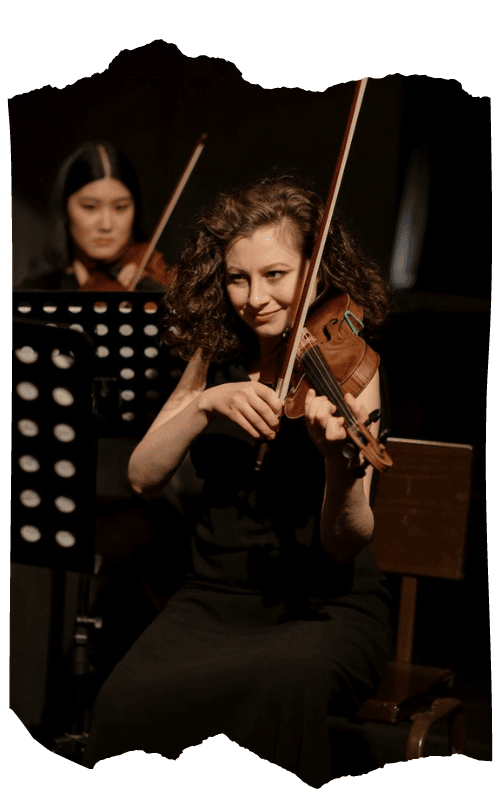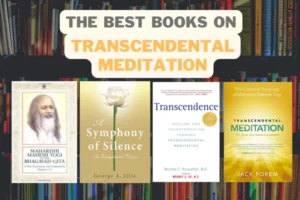Listening to classical music has many benefits. It can help you focus while studying or doing homework, promote a sense of calm and relaxation, and even improve your mood.
Here are some of the best pieces of classical music to listen to when you need to focus or relax.
What is classical music and where did it come from?
Classical music is a genre of music that typically includes complex harmonic structures, formal musical organization, and an emphasis on instrumental performance. It originated in Western Europe during the Renaissance period and has since spread to all corners of the globe.
Classical music encompasses a wide range of styles, from the intricate fugues of Bach to the soaring melodies of Beethoven. For many listeners, classical music provides a welcome respite from the chaos of everyday life. The precise origins of classical music are difficult to determine, but it is generally agreed that it emerged from the coalescence of various earlier musical traditions.
One of the most important precursors to classical music was the Ars Nova, a 14th-century musical movement that emphasized technological innovation and artistic expression. The Ars Nova paved the way for subsequent revolutions in musical composition, and its influence can be seen in the works of Bach, Haydn, and Mozart.
In spite of its name, classical music is not frozen in time; it continues to evolve as new composers bring their own unique sensibilities to the genre. While some purists may decry this process of evolution, it is ultimately what keeps classical music fresh and relevant in the modern world.
How does classical music make people feel?
Many people feel that classical music has a calming effect. The slow tempo and consistent rhythm can help to slow the heart rate and breathing, lowering blood pressure and promoting relaxation.
In addition, the peaceful melodies can provide a welcome respite from the hustle and bustle of everyday life. For some people, classical music is also associated with feelings of nostalgia and sadness. The emotive melodies can remind listeners of past events or loved ones who are no longer with them.
However, classical music is not just about soothing the soul—it can also be uplifting and invigorating. The grandiose arrangements often convey a sense of majesty and power, stirring emotions and inducing a sense of awe.
Whether it is used to relax or invigorate, it is clear that classical music has a profound effect on the human psyche.
What are the different types of classical music?
There are four different types of classical music: instrumental, choral, operatic, and balletic. Each type has its own distinct history, style, and form.
- Instrumental music is the oldest type of classical music, dating back to the Renaissance period. It is typically performed by a small group of musicians, without vocals. The most common instruments used in instrumental music are the violin, piano, and cello.
- Choral music is another type of classical music that dates back to the Renaissance period. It is written for a group of singers, typically accompanied by an orchestra. The most common form of choral music is the Mass, which is a setting of the Latin text of the Catholic Mass.
- Operatic music is a type of classical music that combines singing and acting. It originated in Italy in the late 16th century and quickly spread throughout Europe. The most famous operas are those by Wolfgang Amadeus Mozart, such as The Marriage of Figaro and Don Giovanni.
- Balletic music is a type of classical music that is written specifically for ballets. It originated in France in the early 17th century and quickly became popular in other European countries. The most famous ballet composer is Pyotr Ilyich Tchaikovsky, whose works include Swan Lake and The Nutcracker.
Who are some of the most well-known classical musicians?
Some of the most well-known classical musicians include Wolfgang Amadeus Mozart, Ludwig van Beethoven, and Johann Sebastian Bach. These three composers are among the most revered and influential figures in Western music.
Mozart was a prodigious talent, composing his first opera at the age of just 12. His work includes some of the most iconic pieces in classical music, such as Eine kleine Nachtmusik and The Marriage of Figaro.
Beethoven is equally celebrated, known for his groundbreaking symphonies and string quartets. Although he suffered from hearing loss, he continued to compose masterful works until his dying days. Bach, meanwhile, was a prolific composer of both sacred and secular music.
His work explored counterpoint and polyphony in new and innovative ways, laying the foundations for much of Western music that followed.
Classical music has been enjoyed for centuries, and the authors of some of the most iconic pieces are still celebrated today.Together, these three composers helped to define what we think of as classical music today.









